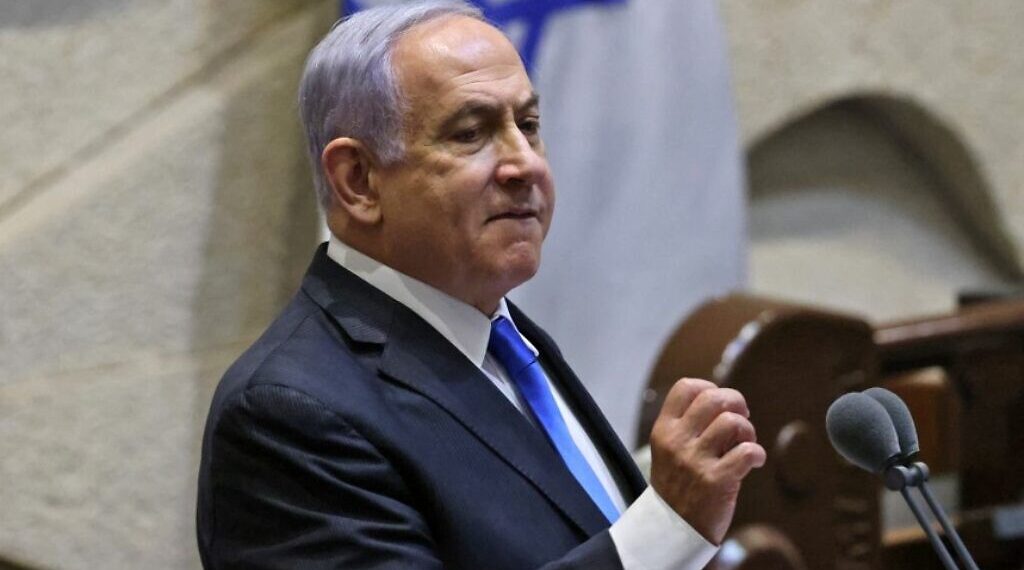Over 40 influential figures, including former Israeli national security officials, scientists, and business leaders, have issued a letter urging the removal of Prime Minister Benjamin Netanyahu, citing an “existential” threat he poses to Israel.
Signatories, such as ex-directors of security services, IDF heads, and Nobel Prize winners, accused Netanyahu of responsibility for security lapses leading to the October 7 attacks, which they term the deadliest in Israel’s history. They criticize his government’s coalition and judiciary overhaul, alleging these destabilized Israel, allowing adversaries to exploit the situation. The letter was sent to Israel’s president and the Knesset speaker.
Netanyahu’s popularity plummeted over judicial reforms causing internal divisions. The signatories claim Iran, Hezbollah, and Hamas praised Netanyahu’s actions as destabilizing Israel, and undermining its security. Notable figures, including former IDF chiefs and Nobel laureates, endorsed the letter.
A Channel 13 poll indicated a decline in Netanyahu’s Likud party’s popularity. The National Unity party, led by Benny Gantz, now leads. Despite the next elections being scheduled for 2026, calls for early elections persist. Netanyahu, opposing Palestinian sovereignty, has faced criticism for propping up Hamas, impacting Gaza’s dynamics.
To form the current government, Netanyahu aligned with far-right parties, creating the most right-wing government in Israel’s history. The letter accuses him of evading responsibility for the October 7 attacks, blaming others. It concludes with a plea for Netanyahu’s replacement and a warning about national responsibility.

While the president and speaker lack unilateral removal power, the letter will be distributed to Knesset members who can potentially replace the prime minister. International criticism surrounds Israel’s Gaza war, leading to a genocide case at the International Court of Justice, initiated by South Africa.
Israel denies genocidal intent, emphasizing self-defense in the conflict. The letter underscores a growing internal call for leadership change amid concerns about Israel’s direction.





